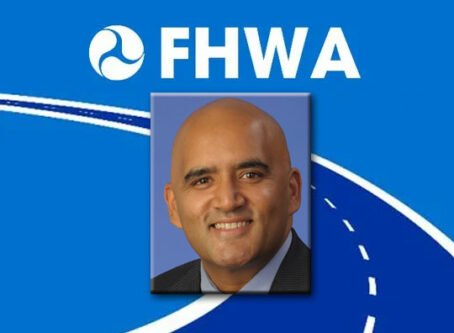Werner student drivers deprived of nearly $800,000 jury verdict
Tens of thousands of former Werner student trucker drivers won’t see a dime of a six-figure verdict in a wage lawsuit after a federal court determined a report from a key witness for the plaintiffs is inadmissible.
On June 22, a judge for the U.S. District Court for the District of Nebraska denied the Werner student drivers a new trial. The case was remanded to the district court after Werner received a favorable ruling from the Eight Circuit Court of Appeals. The appellate court ruled that a key expert witness cannot be used by the drivers since the plaintiffs missed the disclosure deadline. With that turn of events, the district court determined that the drivers have no case without that expert’s report.
The nearly 10-year-old class action lawsuit is based on Werner’s eight-week training program. Former student drivers accuse the company of violating federal and state wage laws. The complaint alleges that Werner failed to compensate trainees for short-term breaks or for time spent resting in the sleeper.
The original complaint was filed in September 2011. Although a jury trial was initially scheduled for October 2014, litigation kicked the can down the road for several years. A trial and verdict was finally reached in May 2017. A jury found that Werner owed drivers for breaks of 20 minutes or less. However, the jury also relieved Werner of wages owed for sleeper berth time.
In the end, Werner was hit with a nearly $800,000 jury award for the drivers.
However, issues that would ultimately reverse that award began several years prior. A deadline for the disclosure of expert witness reports was set for Jan. 15, 2014. In March 2014, Werner pointed out significant flaws in plaintiff expert witness Richard Kroon’s report. That report was used to calculate the allegedly uncompensated break and sleeper berth time. Werner found some times were counted twice and some periods were artificially split into two separate breaks when they spanned 12 a.m.
Addressing those flaws, attorneys for the drivers submitted a supplemental report. Under federal disclosure rules, the drivers “must supplement or correct its disclosure or response in a timely manner if the party learns that in some material respect the disclosure or response is incomplete or incorrect.” However, both the district court and appellate court found that Kroon’s second report was not a supplement. Rather, the district court ruled it was an attempt to “use (Werner’s) efforts in uncovering the flaws in Kroon’s report to hone the methodology and submit a more robust report after their deadline has expired.”
Despite that finding, the district court allowed the drivers to file an untimely report rather than completely excluding the evidence. The judge stated that because “the corrected information was useful and necessary to the disposition of the case on the merits,” the court is more inclined to impose a lesser sanction than exclusion. The report in question survived, and the case continued to the very end with the jury verdict.
Werner appealed, arguing that the court was wrong in allowing the report to be submitted well past the deadline. The Eight Circuit agreed.
Plaintiffs must show good cause to be granted an extension. Even the district court stated the drivers had no good cause, but granted the extension based on another rule. However, the appellate court determined that was the wrong move. In its opinion, the appellate panel said that allowing such an extension “would render scheduling orders meaningless and effectively” make the good cause requirement null and void.
The appellate could have still affirmed the lower court’s deadline extension unless Werner could show the error was not harmless. In this case, the appellate court found that the drivers offered no other expert testimony at trial on damages. Therefore, the jury relied on the testimony in question when reaching its nearly $800,000 award. Without that testimony, the award could have been smaller or not gone in favor of the plaintiffs at all. Consequently, the appellate panel ruled that the deadline extension was not harmless.
Based on the findings, the Eighth Circuit vacated the judgment and remanded the case back to the district court.
Back in the district court, the drivers argued they could still prove damages without Kroon’s expert report.
If given a new trial, they could use Werner’s pay and time records, and the jury could decide damages. Plaintiffs’ attorneys argue that basic arithmetic can be applied to calculate damages. The court disagreed.
“There is clearly more analysis to be done of the evidence in this case than simple arithmetic,” Judge Laurie Smith Camp ruled. “The evidence was such that even plaintiffs’ expert made significant errors, which rendered his first report likely inadmissible. A jury could not accurately determine damages regarding the pay and time records for 55,000 class members without expert testimony in this case.”
With discovery deadlines expired more than six years ago, Werner drivers have no other way to prove damages. As a result, Judge Camp ruled “the only proceeding consistent with the opinion of the Court of Appeals is dismissal of this action with prejudice.”









